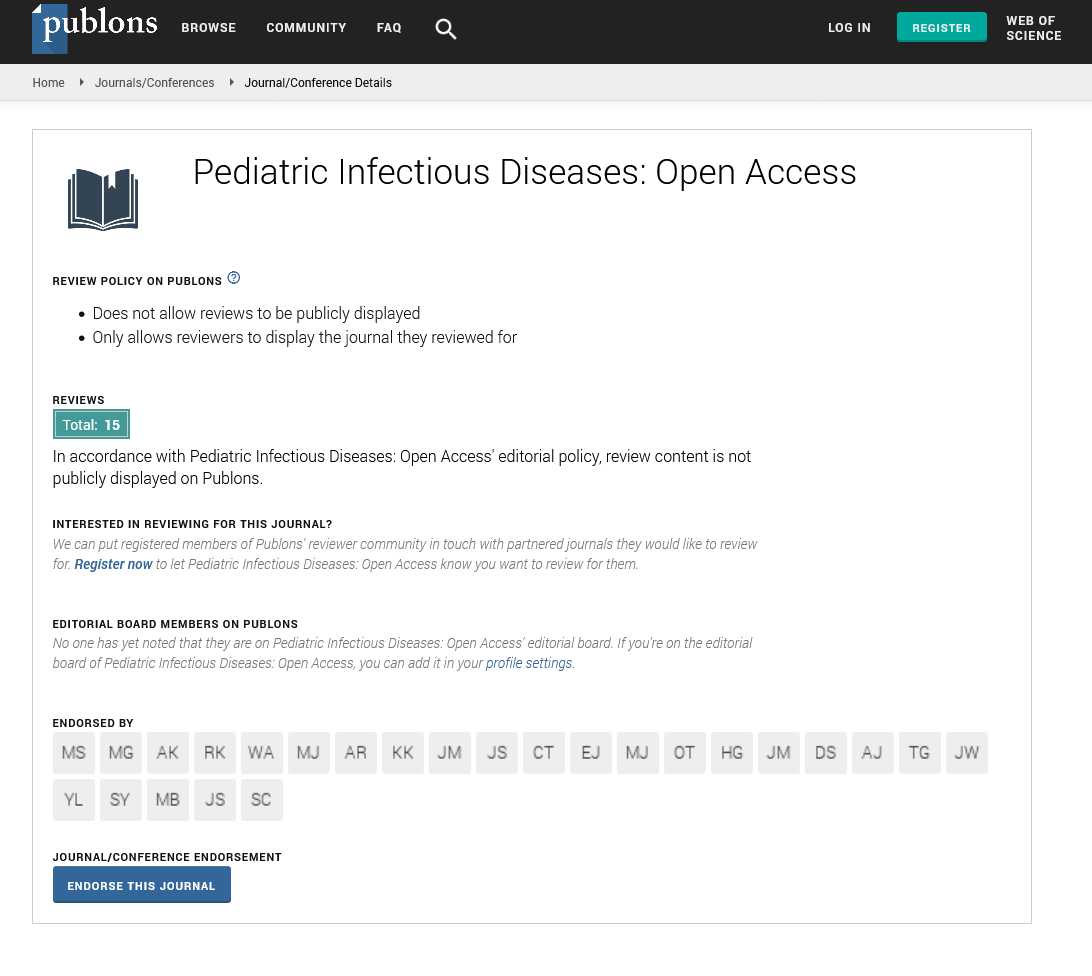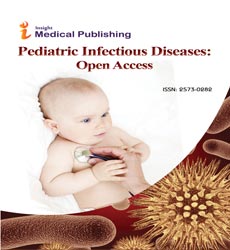Abstract
Epigenetics Reprogramming of Autophagy is involved in Childhood Acute Lymphatic Leukemi
Cancer disease has been considered as a result of progressive genetic alterations such as mutations in tumor suppressor genes and oncogenes, chromosomal abnormality and epigenetics reprogramming. Epigenetic modification plays a crucial role in the tumor initiation and tumor evaluation via DNA methylation activity and chromatin alternation mechanism. Noteworthy, autophagy is a fundamental, conserved physiological process by which cells target long-lived cytosolic proteins and organelles for lysosomal degradation. Recently, autophagy has been showed to play critical role in cancer evaluation and therapeutical strategy. On the other hand, lymphatic leukaemia is a type of cancer which contains two major conditions, acute and chronic leukaemia. Acute lymphatic leukemia (ALL) is the most common cancer in the pediatric population. Therefore, in the current work we were interested to investigate the possible involvement of DNA methylation of cellular genes in blood samples that derived from children with ALL. Interestingly, the relative expression of DNA methyltransferase 1 (DNMT1) has been increased in ALL samples compared to healthy individual samples. Meanwhile, the relative expression of cellular autophagy genes (LC3B and Atg5) has been strongly decreased in ALL samples suggesting the possible involvement of DNA methylation of related autophagy molecules. Accordingly, digestion of LC3B gene segment with restriction enzyme (HpaII) that specifically targeted CpG position showed inactive digestion on ALL samples in comparison with control samples indicating the possible methyl alternation of cytosine nucleotides. Further, we found another methylation activity on promoter regions of Atg5 and LC3B in ALL derived samples. These data strongly suggest that the expression of cellular autophagy genes LC3B and Atg5 are reduced and subsequently autophagic machinery is interrupted in ALL cases most likely via DNA methylation activity.Author(s):
Dahb M Hassen, Khalid Bassiouny, Farha El-Shenawy, Hany Khalil
Abstract | Full-Text | PDF
Share this

Awards Nomination
Google scholar citation report
Citations : 230
Pediatric Infectious Diseases: Open Access received 230 citations as per google scholar report
Pediatric Infectious Diseases: Open Access peer review process verified at publons
Abstracted/Indexed in
- Google Scholar
- China National Knowledge Infrastructure (CNKI)
- Cosmos IF
- Secret Search Engine Labs
Open Access Journals
- Aquaculture & Veterinary Science
- Chemistry & Chemical Sciences
- Clinical Sciences
- Engineering
- General Science
- Genetics & Molecular Biology
- Health Care & Nursing
- Immunology & Microbiology
- Materials Science
- Mathematics & Physics
- Medical Sciences
- Neurology & Psychiatry
- Oncology & Cancer Science
- Pharmaceutical Sciences


